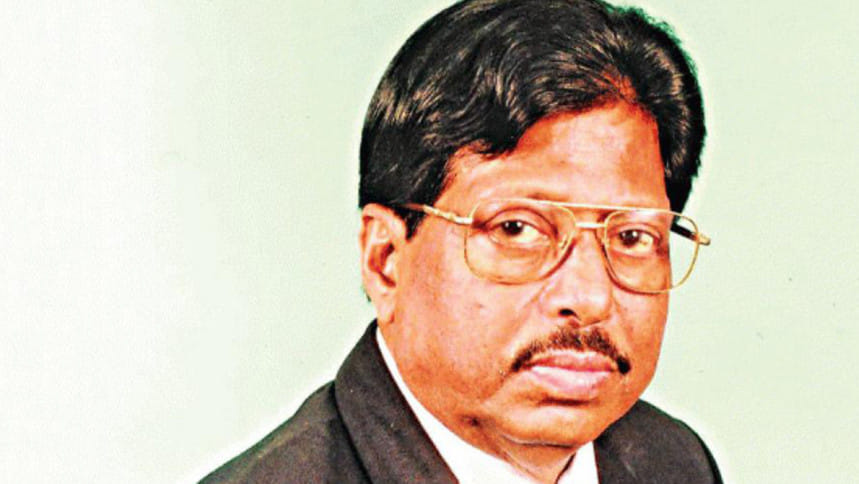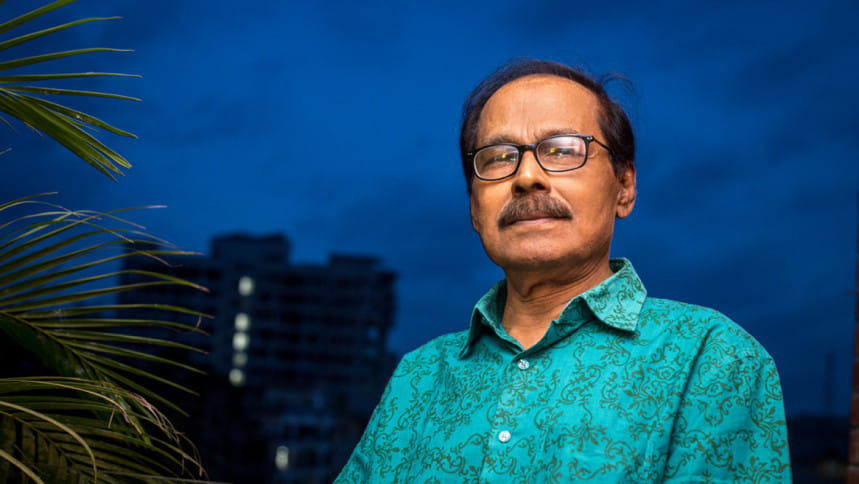Remembering Abdul Jabbar on his death anniversary

Today is the fourth death anniversary of the heroic freedom fighter and vocalist Abdul Jabbar. The eminent singer passed away on August 30, 2017. Making his death anniversary, Syed Abdul Hadi talks to the Daily Star about Jabbar's legacy.
Born on November 7, 1938, in Kushtia, Abdul Jabbar received Ekushay Padak in 1980 and Independence Award in 1996, among many other such prestigious awards. Known for his melancholic tonal quality, Jabbar has always inspired our freedom fighters with his songs, be it through patriotic numbers of romantic tracks. "We began our journey in the music industry around the same time," shares Hadi. "We have spent numerous evenings together, chit-chatting and singing songs we love. His voice has always been one of my favourites".

Abdul Jabbar's singing style was unique and very appealing to the listeners. "Our age difference never affected our bond," adds Hadi. "During our Liberation War, we formed a group called 'Shilpi Shongram Porishad', consisting of musicians, dancers, and theatre artistes, and started performing together.
Jabbar voiced many evergreen patriotic tracks, including the songs that made it to BBC's 2006 list of top 20 Bangla songs of all time "Joy Bangla Banglar Joy", "Tumi KI Dekhecho Kobhu Jiboner Porajoy", and "Salaam Salaam Hazar Salaam" in 1971 which were aired by Swadhin Bangla Betar Kendra.
"Inspired by his songs, many joined the Liberation War during that time," shares Hadi. "During the war, Abdul Jabbar worked with Indian musician Hemant Mukherjee in various parts of Mumbai to create public opinion in favour of Bangladesh's war of independence."
Abdul Jabbar entered the world of playback singing in 1964 with the Zahir Raihan directorial film "Shongom". He went on to sing many other film songs, including "Pitch Dhala Ei Poth", "Dheu Er Por Dheu", and "Ore Nil Doria".
Translated by Ashley Shoptorshi Samaddar

 For all latest news, follow The Daily Star's Google News channel.
For all latest news, follow The Daily Star's Google News channel. 



Comments